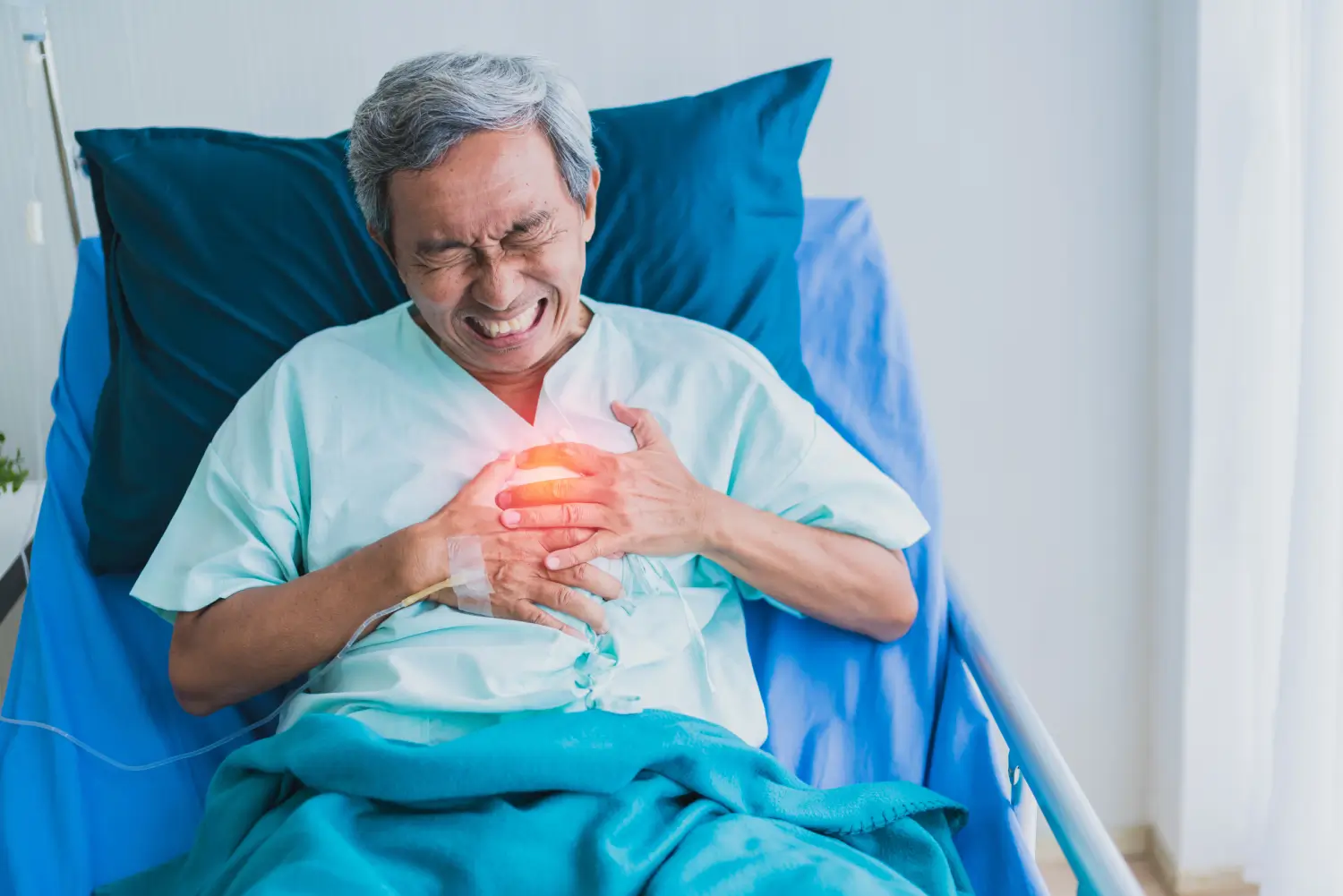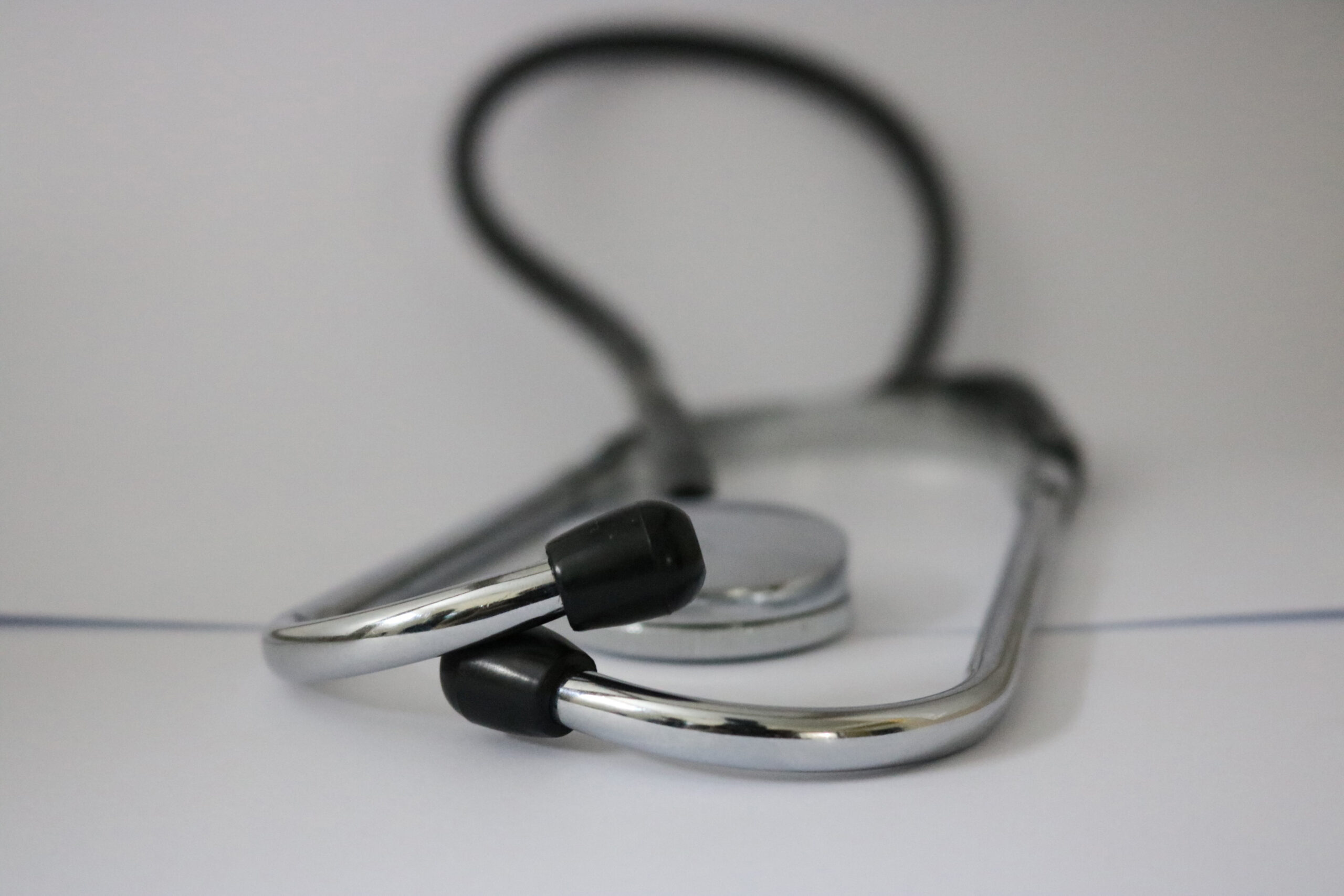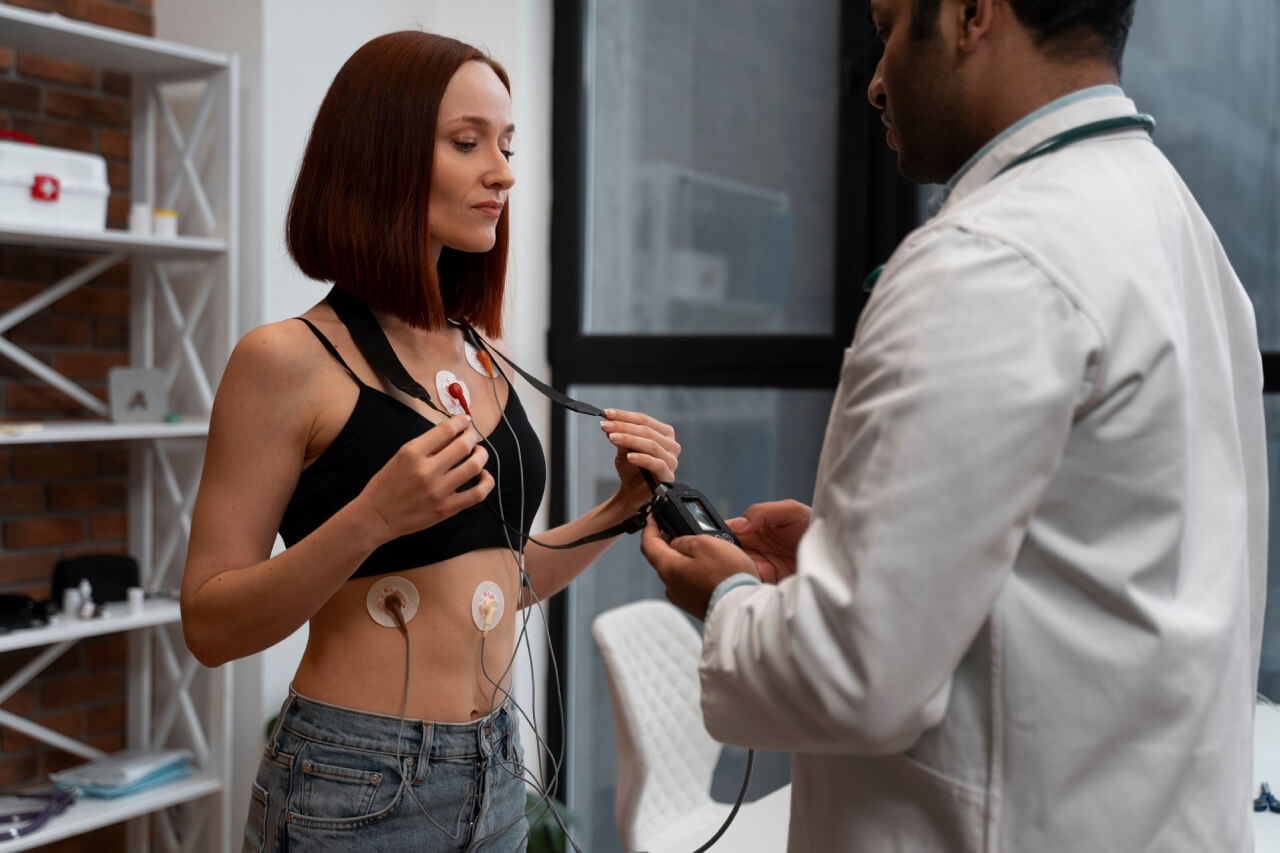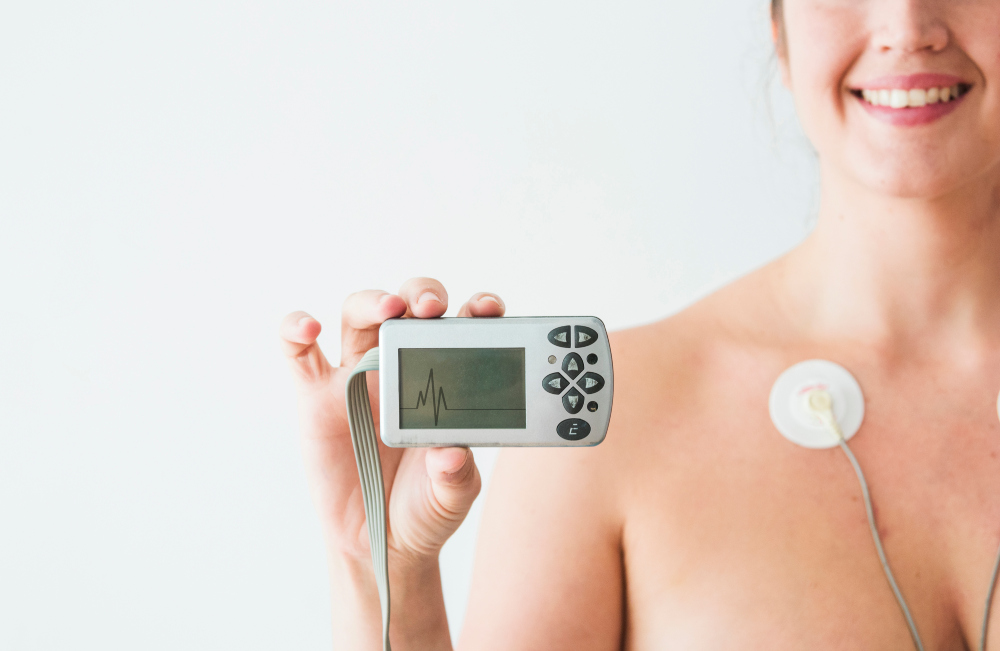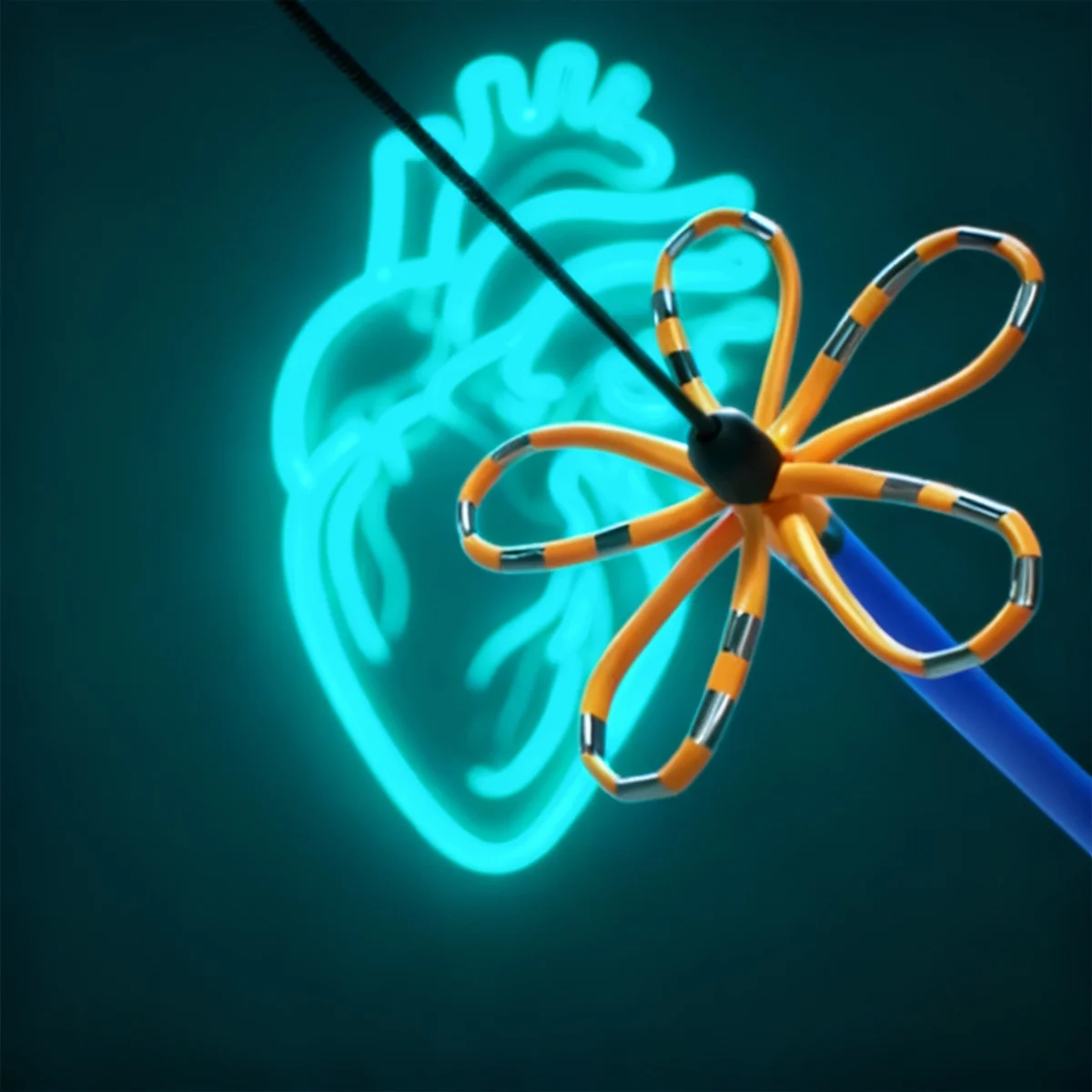Have you ever wondered what happens to pacemakers when they’re no longer needed?
The answer, in most cases, is that they get thrown away, never to be used again. Pacemaker devices are generally defined as “single use”, meaning they can’t be transferred to another patient – even if they’re functioning well, with plenty of battery life.
Given that an estimated 2 million people die every year from lack of access to pacemakers and defibrillators, though, could we be doing better?
A groundbreaking project in America thinks we can. My Heart Your Heart – which was created by the University of Michigan – is pioneering a way for people to donate old pacemakers to patients in the developing world. If successful, it could be rolled out across the world. Here’s how it works.
